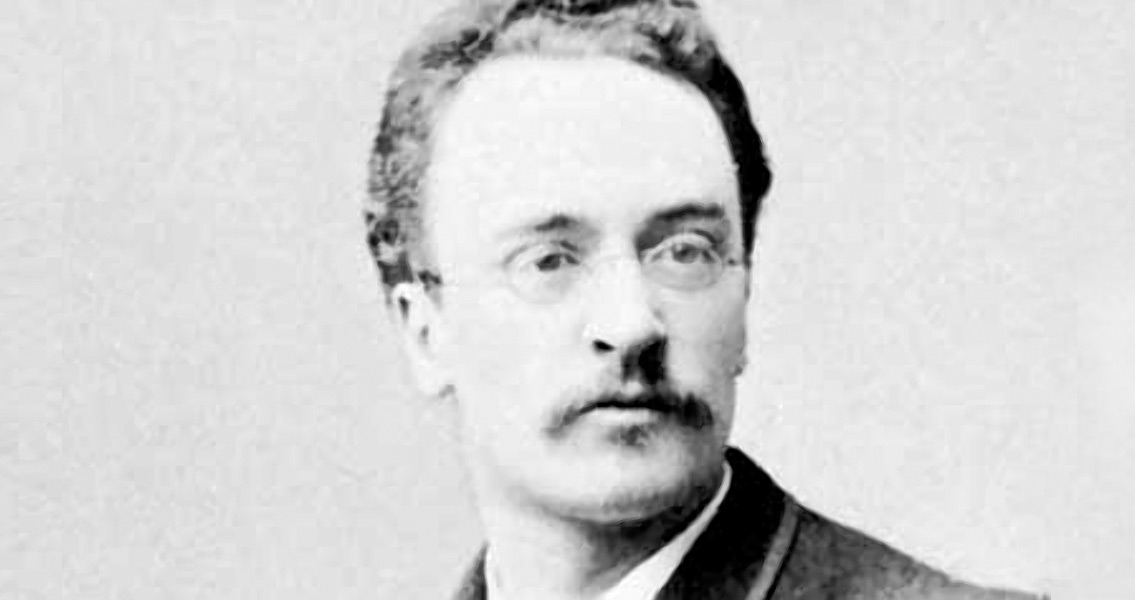<![CDATA[The mysterious death of Rudolf Diesel on 29th September, 1913, continues to stir suspicion, with conspiracy theorists questioning the official verdict that he committed suicide. On the morning of 29th September Diesel boarded the steamer S.S. Dresden in Ghent, Belgium, to cross the English Channel for a meeting in London. After having dinner he returned to his cabin at 10 pm, and asked to be woken up at 6 am the following morning. When he did not arrive for breakfast, those travelling with him went to his cabin. His bed was unused although his things had been laid out as if he'd intended to go to sleep. A full search of the ship took place before it reached London, but no sign of Diesel was found, leading the crew to conclude he must have somehow fallen over board during the night. Several weeks later, a Dutch tugboat operating in the North Sea discovered a floating, decomposing body. The vessel was not big enough to take the body on board, so the crew took some personal items from the corpse and handed them into the authorities. The youngest of Diesel's sons, Eugen, identified the items including a pocket knife, ID card and an eye glass case as his father's. Ultimately, the root of the various conspiracy theories surrounding Diesel's death are the facts that his body was never recovered, and their were no witnesses who saw him fall into the sea. This prevented an autopsy taking place, meaning the explanation that his death was suicide has only been reached through circumstantial rather than forensic evidence. A major justification for the suicide explanation is the fact that Diesel was in poor health and facing financial ruin. By September 1913 none of his bank accounts contained significant amounts of money, and on 1st October enormous interest payments were due which he couldn't afford. Shortly before setting off on his journey, Diesel handed his wife a suitcase which contained 20,000 Deutsch Marks in cash. Although his wife seems to have failed to sense the bad omen, historians have subsequently argued that this was Diesel's attempt to leave his family with a 'rainy day fund' - money to support the family after his death, which could not be found by debt collectors. Diesel's inventions are connected to most of the skepticism over the official accounts of his death. Born in Paris in 1858, Diesel and his family were deported following the outbreak of the Franco-Prussian War. Studying at Augsburg, Diesel graduated top of his class before entering the Munich Technical University, where he achieved the best grades in the institution's history. Alongside his first job working at the Linde-Ice factory in Paris, Diesel started research on the project which has made his name recognisable to this day, the petroleum-driven compression-ignition engine. By 1892 he had finally secured a patent for the machine. By 1893 the first tests on the engine were performed, using peanut oil as fuel, and over the following years Diesel carried out endurance tests as the new technology was refined and perfected. The engine came to wider attention following its display at the 1898 Munich exhibition, and Diesel began to arrange licensing deals for his invention. Although the engine never reached the success in Diesel's lifetime that he'd hoped, it started to be incorporated into marine engines, factories, cars, power generators, trains and assorted mining and oil drilling equipment. Substantially more efficient than the internal combustion engine, the system had the added bonus that it could be fueled with either petroleum or bio-fuels. Diesel himself had written a book about the dangers of petroleum engines, both in terms of the air pollution they produced and the finite nature of the fossil fuels they needed. By creating a more fuel efficient engine, he was seemingly laying down a challenge to both the oil and automobile industries. Conspiracy theorists have thus concluded that he was murdered by agents working for the world's wealthy oil companies, arguing his death was a means to prevent him refining his engine to the point that it could replace the fuel thirsty engines present in most cars. Others argue that he was in fact killed by the German government. Diesel's trip to England was to attend the Consolidated Diesel Manufacturing meeting. Some argue that he intended to sell his engine technology - a system used in all submarines - to a British company. Taking place a year before the outbreak of the First World War, with tension and competition between Britain and Germany making conflict seemingly inevitable, some believe that Diesel was killed to stop his expertise falling into British hands. Officially, Diesel's death is treated as suicide triggered by the financial ruin he'd entered following a series of bad business decisions, although perhaps significantly, this explanation was never accepted by his family. From 1913 onward both media and observers have questioned the official explanation of his death, but the lack of an autopsy or witnesses to his final moments means the truth is never likely to be revealed.]]>
The Mysterious Death of Rudolf Diesel
